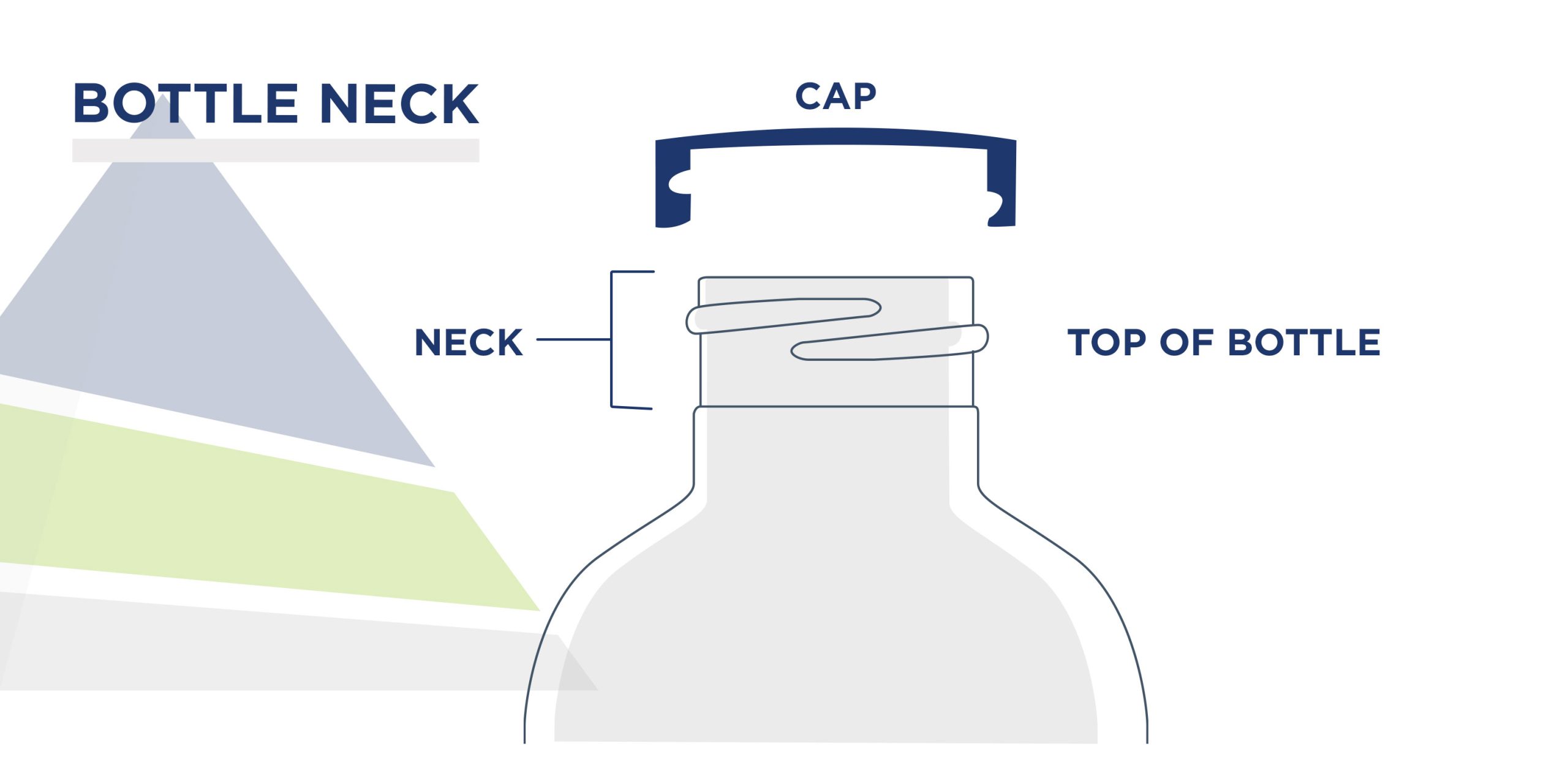Milk bottle neck seals, though seemingly insignificant, play a crucial role in maintaining the freshness, safety, and quality of dairy products. However, their environmental impact has become a subject of growing concern. As the world shifts towards more sustainable practices, it’s essential to understand the environmental footprint of these seals and explore eco-friendly alternatives. In this context, Shree Tirupati Balaji, a leading provider of packaging solutions, is committed to advancing sustainable practices in the industry.
Traditionally, milk bottle neck seals are made from plastic materials such as polyethylene and polypropylene. These plastics are derived from fossil fuels, contributing to greenhouse gas emissions during their production. Moreover, plastic waste has become a significant environmental issue, with millions of tons ending up in landfills and oceans every year. These materials can take hundreds of years to decompose, leading to long-term environmental pollution.
The manufacturing process of plastic milk bottle neck seals involves several stages that have environmental implications. First, the extraction and processing of crude oil into plastic resins require substantial energy, contributing to carbon emissions. The production process itself often involves high temperatures and chemical reactions, further adding to the environmental burden. Additionally, the transportation of raw materials and finished products contributes to the overall carbon footprint.
In light of these challenges, Shree Tirupati Balaji is at the forefront of developing and promoting sustainable options for milk bottle neck seals. One promising alternative is the use of biodegradable plastics. These materials are designed to break down more quickly than traditional plastics, reducing their impact on the environment. Biodegradable plastics can be made from renewable resources such as cornstarch, sugarcane, and other plant-based materials, significantly lowering the reliance on fossil fuels.
Another innovative approach is the use of compostable materials for milk bottle neck seals. Compostable materials not only biodegrade but also contribute positively to soil health when disposed of properly. These seals can be composted in industrial facilities, turning waste into valuable compost that can be used in agriculture. By adopting compostable seals, dairy companies can reduce their environmental footprint while supporting sustainable agricultural practices.
Shree Tirupati Balaji is also exploring the potential of reusable and recyclable materials. Reusable seals can be designed for bottles that are returned, cleaned, and refilled, significantly reducing single-use plastic waste. Meanwhile, recyclable materials ensure that seals can be processed and remanufactured into new products, closing the loop on plastic waste. Effective recycling programs and infrastructure are essential to maximize the benefits of recyclable milk bottle neck seals.
In addition to material innovations, the design of milk bottle neck seals plays a critical role in their sustainability. Shree Tirupati Balaji emphasizes the importance of minimizing material usage without compromising the seal’s functionality. By optimizing the design, it is possible to reduce the amount of material needed, thereby lowering the environmental impact. Lightweight seals not only use fewer resources but also reduce transportation emissions due to their lighter weight.
Consumer awareness and participation are crucial for the success of sustainable milk bottle neck seals. Shree Tirupati Balaji is committed to educating consumers about the importance of proper disposal and recycling of milk bottle seals. Clear labeling and instructions on how to dispose of or recycle seals can empower consumers to make environmentally responsible choices. Public awareness campaigns can also highlight the benefits of sustainable seals, encouraging more companies to adopt eco-friendly practices.
Government regulations and industry standards play a significant role in driving sustainability in packaging. Policies that promote the use of biodegradable, compostable, and recyclable materials can accelerate the transition to sustainable milk bottle neck seals. Shree Tirupati Balaji actively collaborates with regulatory bodies and industry associations to advocate for policies that support sustainable packaging solutions.
The shift towards sustainable milk bottle neck seals is not without its challenges. The cost of alternative materials can be higher than traditional plastics, posing a financial barrier for some companies. However, as demand for sustainable options grows and technology advances, the cost is expected to decrease. Investing in research and development is crucial to overcoming these challenges and making sustainable seals more accessible.
In conclusion, the environmental impact of milk bottle neck seals is a pressing issue that requires immediate attention. Companies like Shree Tirupati Balaji are leading the way in developing sustainable options that reduce reliance on fossil fuels, minimize waste, and promote responsible disposal. By embracing biodegradable, compostable, and recyclable materials, optimizing seal design, and fostering consumer awareness, the dairy industry can make significant strides towards sustainability. The collective effort of manufacturers, consumers, and regulators is essential to achieving a more sustainable future for milk bottle packaging.

